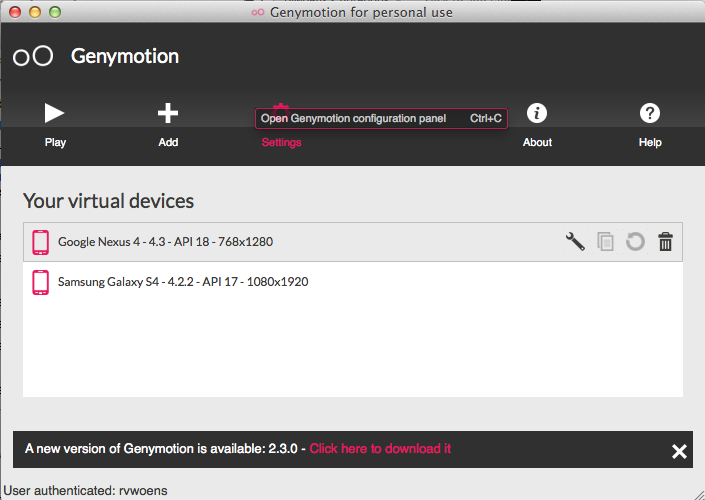Android development is fairly simple, but a good simulator that comes close to the iOS simulator experience was missing until now, but with GenyMotion the wait is over. Installation is easy, and you can set up a lot of different emulation environments. The advantage of genymotion is that it creates a real virtual android device, so whatever you are developing with (android studio, eclipse) sees the GenyMotion emulator as a “real” connected device.
Amazon AWS vs Linode vs Digitalocean – Cloudserver showdown update may 2014
I benchmarked aws, linode and digitalocean about a year ago.
Since a few weeks Linode changed their offering to SSD, faster CPUs, double Ram but you get strict core isolation now. You now get 2 cores for $20 instead of 8. So I upgraded (?) my linode servers and did the test again:
De top van apple. Een terugblik
Het is nu meer dan een jaar geleden dat apple de iphone 5 introduceerde. Destijds bij de introductie stond de beurskeurs op een all-time high en groeiden de bergen voor apple tot in de hemel. Mijn voorspelling toen was dat het alleen maar bergafwaards kon gaan voor apple. Bekijk hier even het filmpje van destijds, september 2012:
Amazon AWS EC2 vs Linode vs Digitalocean: Cloudserver showdown
I have experience with amazon’s AWS cloudservices for years now, but still have problems with EBS (=amazon network storage) performance. It is not very fast and if you just want to run a simple LAMP server it requires a lot of work and experience to set it up the right way. But how fast is it? How does it compare to the offerings from Linode and the new kid on the block: digitalocean? Both have their advantages: Linode has it’s standard 8 core architecture and RAID. digitalocean has fast SSD disks. But how do they stack up against amazon? Continue Reading

